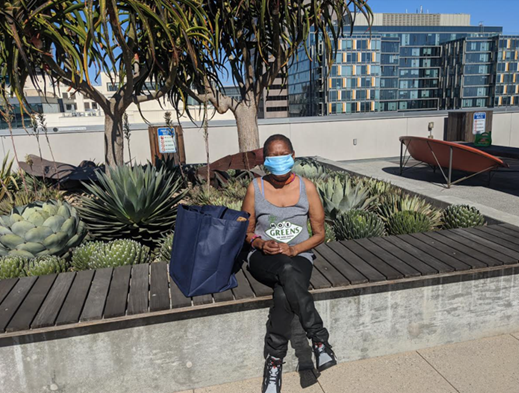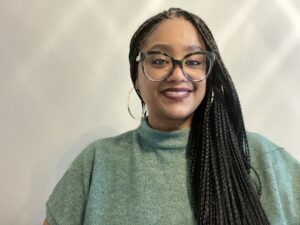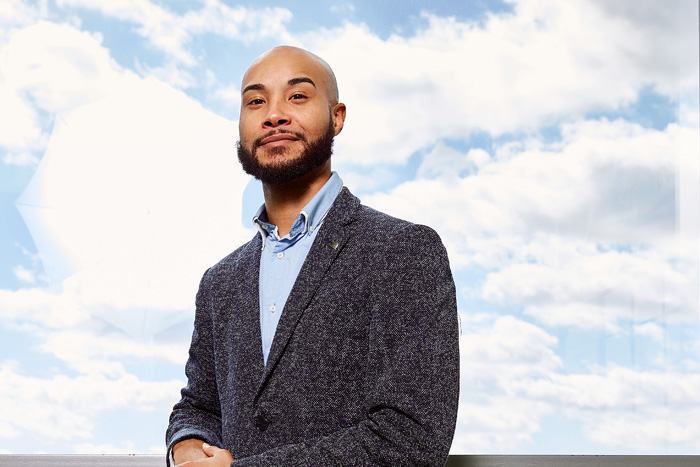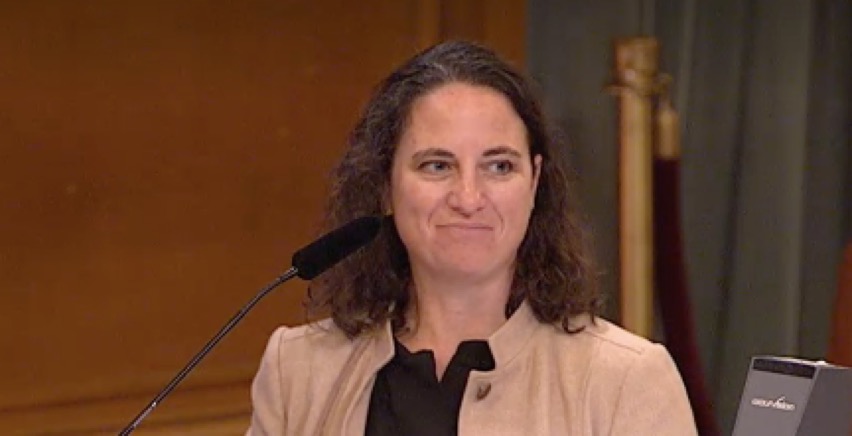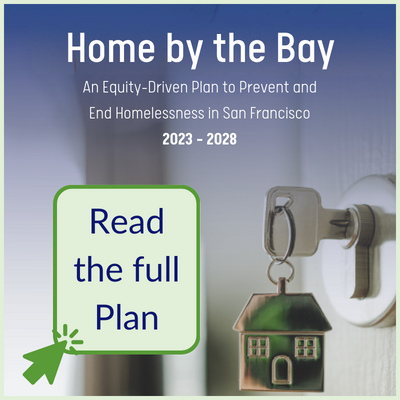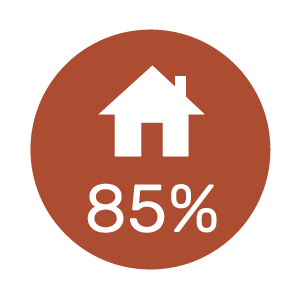New Housing for the Homeless Opens on Valencia
Mission Local
November 3, 2016
By Laura Wenus
San Francisco’s Department of Homelessness and Supportive Housing announced Wednesday that 244 new permanent supportive housing units will come online over the next three months – 50 of them in the Mission District.
Valencia Street’s Crown Hotel, where units came online October 27 and prospective tenants are currently viewing its apartments, is one of three hotels now becoming available to help house people living on the streets and in shelters. The others will open later this year, and all three are managed by the Tenderloin Housing Clinic.
The units are aimed at housing individuals who have been homeless for a year or more and have disabling conditions, with some units reserved for veterans. Tenants are selected through a local coordinated entry program for federally subsidized units, and residents pay a third of their income, no matter the income.
In supportive housing units, residents have access not just to a permanent roof over their heads but on-site social services – which include case management to help tenants access entitlement benefits, health care, or even education depending on their needs.

